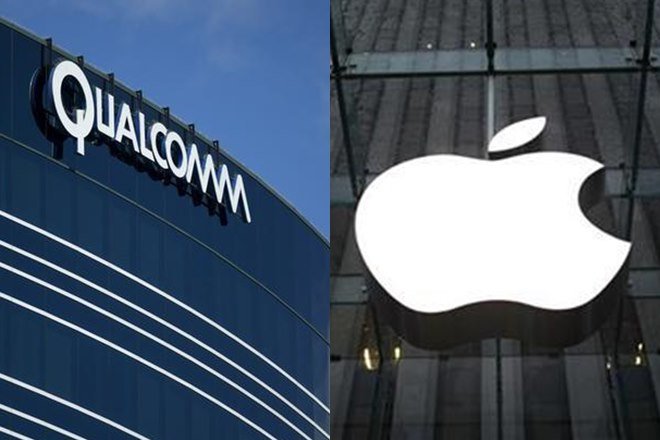A Chinese court has ordered Apple Inc. to stop selling their older iPhone models after finding that the smartphone maker infringed on two patents held by Qualcomm Inc. Also, the uncertainty over Apple’s business in a critical market due to trade relations between the U.S. and China was discussed.
Court’s decision
The court has banned import and sales of iPhone X, 8, 7 and 6 models. It didn’t include Apple’s newest devices—the XS, XS Max, and XR—because those models weren’t on the market when the patent case was filed.

The history behind this case
All this is happening because of brand war that has been continuing between Apple and Qualcomm from years. The chipmaker is alleging that Apple had infringed on two patents: one related to photo editing and another to swiping on a touch-screen device. Qualcomm has alleged more than a dozen cases against Apple over patent infringement in China over the past two years.
Also Read: Huawei Trolls Apple By Giving Free Power Banks To People Looking To Buy iPhones

Apple’s response
In response to this, Apple said its full range of iPhones in China will remain on sale, and the company filed a request to the court to reconsider its decision on Monday. Apple believes that it did not violate any patents and that the ban goes beyond the scope of the injunction itself
“Qualcomm’s effort to ban our products is another desperate move by a company whose illegal practices are under investigation by regulators around the world,”
Apple said in a statement.
Previously, Apple had to pay a fee for licensing Qualcomm’s tech for every device sold, but last year the company stopped doing so saying Qualcomm’s model was abusive and potentially illegal.
Apple cannot afford to lose Chinese customers knowing the potential of the market. On the other hand, the U.S. has imposed tariffs on more than $200 billion in Chinese goods, alleging unfair trade practices and intellectual-property theft.












